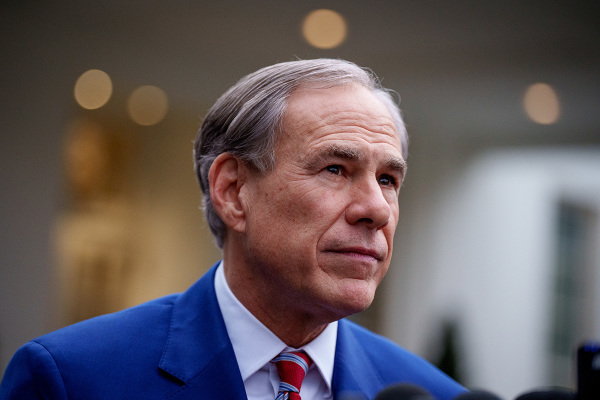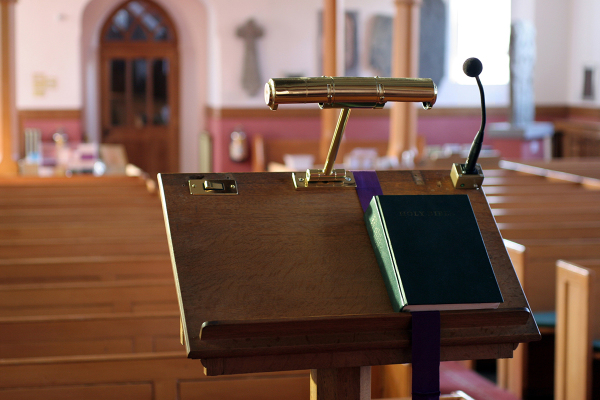House Republicans May Kill Employment Non-Discrimination Act; Boehner Warns Bill Will Increase Frivolous Lawsuits
A bill meant to expand anti-discrimination employment policy to include gays and transgendered individuals may see its defeat in the House of Representatives.
After the United States Senate voted to end cloture and bring the Employment Non-Discrimination Act (ENDA) to the floor, House Speaker John Boehner expressed his opposition. Michael Steel, spokesman for Speaker Boehner, stated in an email to Politico that the Republican-controlled House will oppose the bill should it pass the Senate.
"The Speaker believes this legislation will increase frivolous litigation and cost American jobs, especially small business jobs," wrote Steel.
For years, activists have tried to get the ENDA bill passed in Congress. The proposed legislation would prohibit employment discrimination based on gender identity and sexual orientation. At times opposition has come not just via social conservatives, but also liberals who have taken issue with previous versions of the bill not including legal protection for transgendered persons.
Known as S. 815, the 2013 version of ENDA was introduced in April by Sen. Jeff Merkley of Oregon and presently has 56 cosponsors. On Monday the Senate voted 61 to 30 to bring S. 815 to the floor for a vote. Senate Majority Leader Harry Reid (D-Nev.) expressed his support for the bill before the cloture vote.
"The patchwork of state laws excludes tens of millions of Americans from basic protection against discrimination," said Reid, as reported by the Washington Blade. "As long as hardworking, qualified Americans can be denied job opportunities, fired, or harassed because of their sexual orientation or gender identity, all workers are at risk."
Many gay rights groups have hailed the cloture vote as momentous and hope to see ENDA become law. Chad Griffith, president of the Human Rights Campaign, stated that the cloture vote was "democracy in action."
"With a super majority of Senators, more than 100 major American companies, and more than two-thirds of Americans all standing proudly in support of ENDA, there is tremendous momentum behind this common-sense bill. ENDA's time has come, and we're not going to stop fighting until it is passed once and for all," said Griffith.
Critics of ENDA maintain that the proposed legislation does not adequately protect religious liberty, especially for companies or entities who may hold moral objections to homosexuality and transgendered identity.
In a letter sent to legislators, the United States Conference of Catholic Bishops (USCCB) argued that while workplace discrimination is wrong, ENDA goes beyond mere anti-discrimination.
"ENDA's definition of 'gender identity' lends force of law to a tendency to view 'gender' as nothing more than a social construct or psychosocial reality, which a person may choose at variance from his or her biological sex. This provision also fails to account for the privacy interests of others," wrote the USCCB.
"Moreover, the bill's religious freedom protection, which is derived from Title VII, covers only a subset of religious employers, and as a result of recent litigation, is uncertain in scope. Recent experience also shows that even exempted employers may face government retaliation for relying on such exemptions."






















